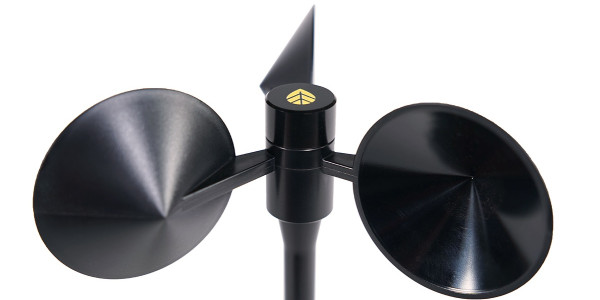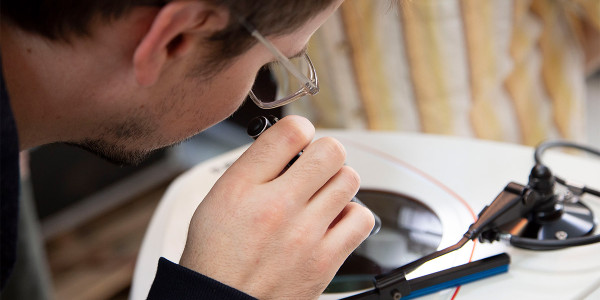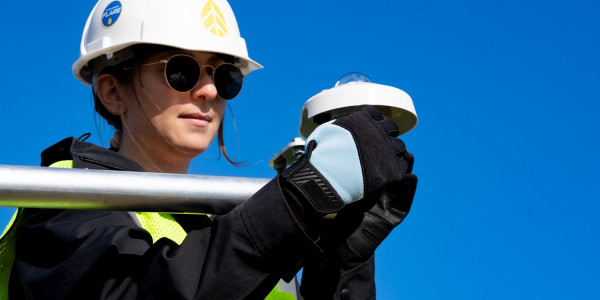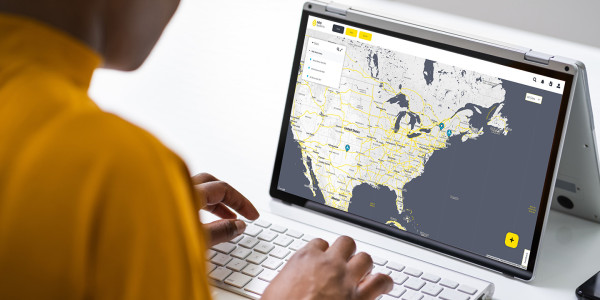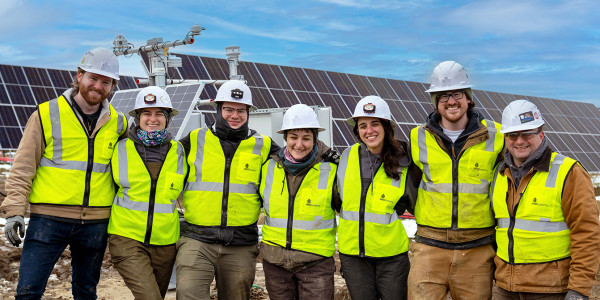August 12, 2011 | Sustainability + Energy,
When our children were little, my wife and I would take them to the grocery store to help with the shopping, and the process became one of trying to make sure we remembered the things we came to buy while keeping the children from throwing into the cart all the things they wanted. If you have ever wondered why you find items strangely out of place in the store, this is the reason. As parents find the chocolate-frosted sugar bombs and other contraband in the cart, they are removed and replaced on the closest shelf. It becomes a game of elimination, and inevitably at checkout you see several illicit items whipping down the conveyor belt and getting scanned before you can catch them.
The Adult Version
Well, believe it or not, this process is very similar to the game our legislators play when passing bills into law. The way it works in Washington is that a House Member adds a “rider” to an appropriations bill. This rider does not necessarily have anything to do with the intent of the bill, but through this process it becomes policy. And, being adults and therefore more experienced in deception than our children, members cunningly disguise the intent of the rider by wording it obscurely so that its effect is difficult to determine.
As the spending bills funding the Interior Department and the Environmental Protection Agency for 2012 are working their way through Congress, a large number of riders (39 at last count) have been added that have nothing to do with spending. As with the children, it is the intention of the members who add these riders for them to be processed without scrutiny, only with the added kicker that if the riders are not approved, nor is the spending bill, which means that government does not get funded.
What’s In This Cart?
Well, you might think, what are a few small adjustments to please a couple of members in the scheme of things? Here are a few examples:
- Land
- The rider will permanently allow uranium mining on around one million acres near the Grand Canyon, which would also place at risk the Colorado River aquifer.
- Clean water
- Two riders weaken protections against mountain top mining and surface coal mining by preventing work to limit pollution and the destruction of streams.
- Another two riders permanently exempt pesticide application from the Clean Water Act and block the EPA from limiting pollution from agricultural runoff in Florida. (Say goodbye to the Everglades.)
- Clean air
- One rider will permanently weaken regulation of air pollution from offshore oil and gas drilling activities. (Really! How quickly we forget!)
- And another two will block the EPA from limiting toxic air pollution from cement kilns and power plants.
- Wildlife
- A rider will prevent the EPA from implementing any measures recommended by federal wildlife experts to prevent endangered species from being poisoned by toxic pesticides.
These are just a few from the posse, but you get the idea. You can view the full list at the Natural Resources Defense Council website.
So What Can We Do?
Let our government representatives know that they need to throw the riders out of the cart. They are not going to help fix our current financial problems and it makes no sense for us to cause more, faster, and permanent damage to our environment. On the contrary, we should be looking harder at how we reverse the damage we have done so we can enjoy our wonderful natural resources.
These hidden riders are much more dangerous than a few surprises whipping down the conveyor belt before you can catch them. We certainly do not want to end up coughing our way through the Grand Canyon drinking branded bottled water.
